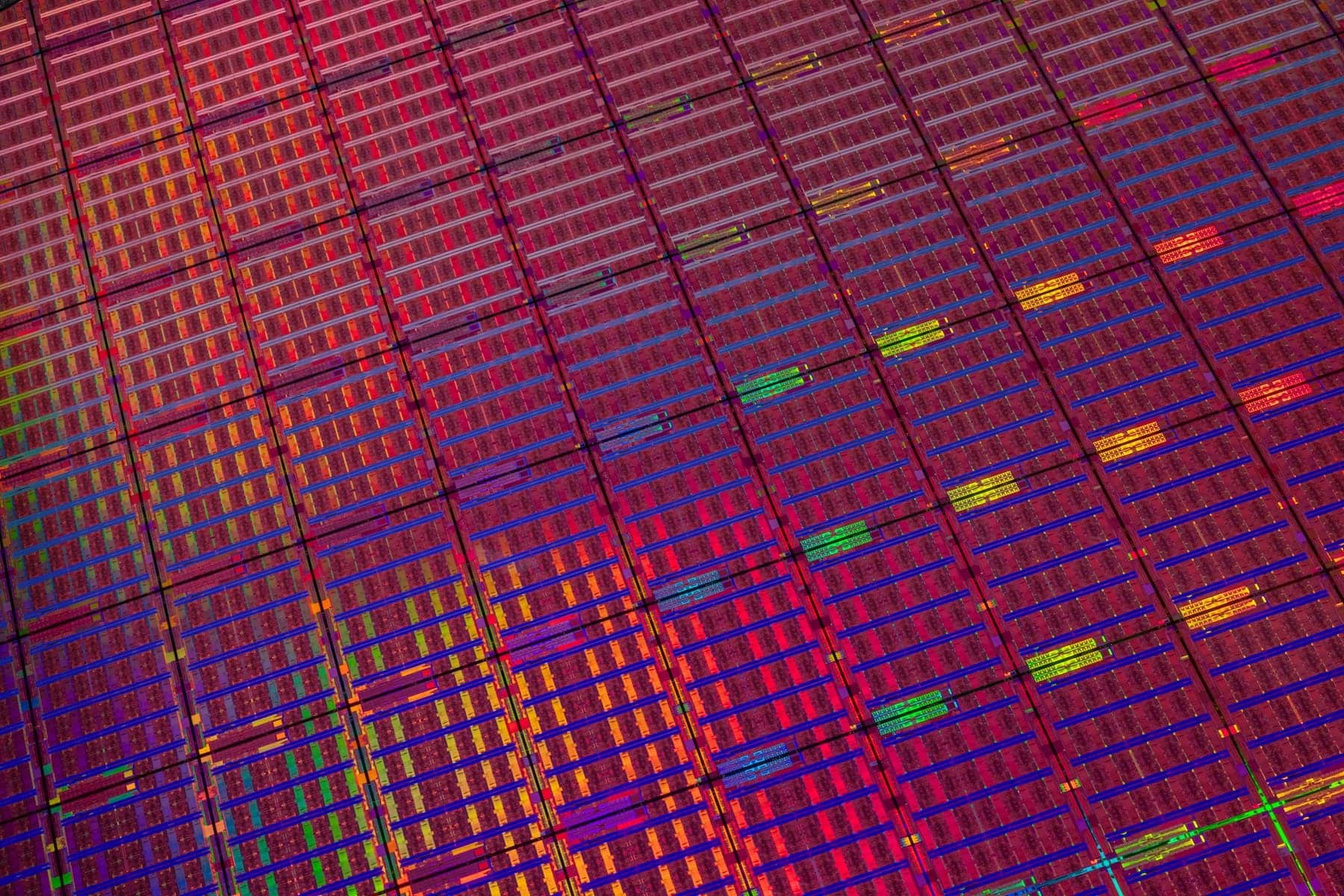The prestigious Imperial College London has announced the launch of its new supercomputer HX2, unveiled during the ISC 2025 conference in Hamburg. This state-of-the-art system, developed in collaboration with Intel and Lenovo, is set to be a benchmark in high-performance computing (HPC) and sustainability, designed to drive both scientific research and the development of artificial intelligence applications.
### A Leap in Power with Intel Xeon 6 and Lenovo ThinkSystem SC750 V4 Neptune
The HX2 will be the first academic supercomputer in the UK to integrate the new Lenovo ThinkSystem SC750 V4 Neptune servers, which are based on Intel® Xeon® 6 processors with high-performance cores (P-cores). These processors are specially optimized for bandwidth-intensive workloads and excel in AI and HPC applications, enabling researchers and students to tackle complex challenges more efficiently and in less time.
Karin Eibschitz Segal, vice president of Intel and interim general manager of the Data Center Group, emphasizes: “The deployment of the HX2 marks a milestone in our commitment to advancing scientific research and promoting sustainability, helping to address global challenges such as climate and health while reducing total cost of ownership and environmental impact.”
### Sustainability and Efficiency: The Water Commitment
One of the most innovative features of the HX2 is its Lenovo Neptune direct liquid cooling system, which can eliminate up to 98% of the heat generated using warm water, reducing energy consumption by up to 40% compared to traditional air conditioning systems. This technology not only improves energy efficiency but also enables circular economy models by allowing the reuse of residual heat for building heating or district networks, achieving savings of up to one million kilowatt-hours annually per large-scale data center.
According to Dugan Witherick, head of HPC platforms at Imperial College, “The new direct water cooling system reinforces Imperial’s commitment to sustainability while ensuring maximum computing quality for our community.”
### Science, Talent, and Future
The HX2, resulting from a £10 million investment and the collaborative ICICLE program, will be available through Imperial College London’s central research computing service. It will be used in areas ranging from engineering and the natural sciences to medicine and economics, facilitating pioneering research projects, AI algorithm development, and applications in big data analysis.
Kelly Zhang, a researcher in Statistics, notes: “Having access to such a powerful and sustainable cluster is a privilege. Our research on algorithms for decision-making in healthcare, using real clinical datasets, can advance much more rapidly.”
### A Model for Europe
The implementation of Lenovo Neptune and Intel Xeon 6 processors in the HX2 reflects a growing trend in Europe: combining high-performance computing with ambitious sustainability goals. Kate Steele, head of HPC at Lenovo EMEA, states that this project “marks a significant step toward more efficient and environmentally friendly research infrastructures.”
The HX2 will be housed in a shared data center in London and will also serve as a platform for training talent in HPC and AI, contributing to strengthening the UK’s leadership in scientific research and technology.

